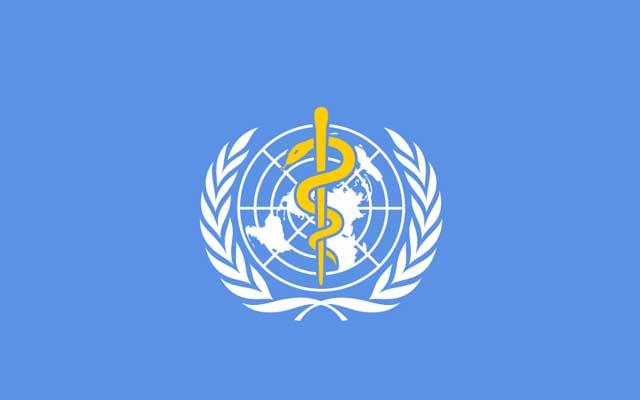
Europe observes a 400% increase in measles cases in 2017 compared to previous year
Copenhagen, Feb 20 (IBNS): Measles has rebounded in the WHO European Region. The disease affected 21 315 people and caused 35 deaths in 2017, following a record low of 5273 cases in 2016. The WHO Regional Office for Europe has released new data for 2017 one day ahead of a health ministerial meeting on immunization in Montenegro on 20 February 2018.
“Every new person affected by measles in Europe reminds us that unvaccinated children and adults, regardless of where they live, remain at risk of catching the disease and spreading it to others who may not be able to get vaccinated. Over 20 000 cases of measles, and 35 lives lost in 2017 alone, are a tragedy we simply cannot accept,” says Dr Zsuzsanna Jakab, WHO Regional Director for Europe.
“Elimination of both measles and rubella is a priority goal that all European countries have firmly committed to, and a cornerstone for achieving the health-related Sustainable Development Goals,” Dr Jakab continues. “This short-term setback cannot deter us from our commitment to be the generation that frees our children from these diseases once and for all.”
Large measles outbreaks affect 1 in 4 European countries
The surge in measles cases in 2017 included large outbreaks (100 or more cases) in 15 of the 53 countries in the Region. The highest numbers of affected people were reported in Romania (5562), Italy (5006) and Ukraine (4767). These countries have experienced a range of challenges in recent years, such as declines in overall routine immunization coverage, consistently low coverage among some marginalized groups, interruptions in vaccine supply or underperforming disease surveillance systems.
Greece (967), Germany (927), Serbia (702), Tajikistan (649), France (520), the Russian Federation (408), Belgium (369), the United Kingdom (282), Bulgaria (167), Spain (152), Czechia (146) and Switzerland (105) also experienced large outbreaks, many of which were in decline by the close of 2017.
Actions to stop the current outbreaks and prevent new ones are taking place on various fronts. They include raising public awareness, immunizing health-care professionals and other adults at particular risk, addressing challenges in access, and improving supply planning and logistics.
Progress continues despite upturn in cases
The process of verifying measles and rubella elimination by country, introduced in 2012, has moved the Region closer to its measles and rubella elimination goal. Each year, the independent Regional Verification Commission (RVC) reviews country data and immunization activities and recommends actions to resolve the specific challenges faced by countries. As of the end of 2016, 42 of the 53 countries in the Region had interrupted endemic measles transmission. However, outbreaks will continue to occur until every susceptible child and adult is protected.
Ministers of health of 11 countries will meet on 20 February 2018 to discuss working together to achieve the goals set out in the European Vaccine Action Plan (EVAP) by 2020, including measles and rubella elimination. A Region-wide midterm EVAP progress report will be presented at the 68th session of the WHO Regional Committee for Europe in September 2018.
Support Our Journalism
We cannot do without you.. your contribution supports unbiased journalism
IBNS is not driven by any ism- not wokeism, not racism, not skewed secularism, not hyper right-wing or left liberal ideals, nor by any hardline religious beliefs or hyper nationalism. We want to serve you good old objective news, as they are. We do not judge or preach. We let people decide for themselves. We only try to present factual and well-sourced news.







